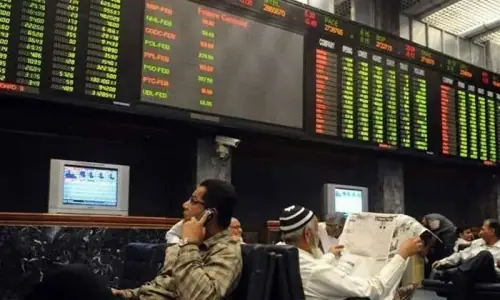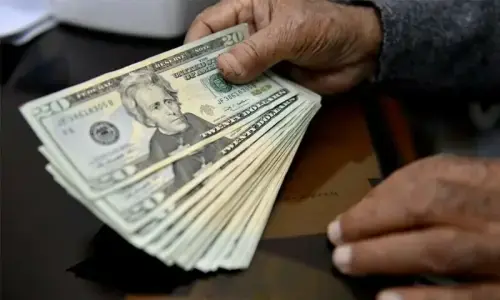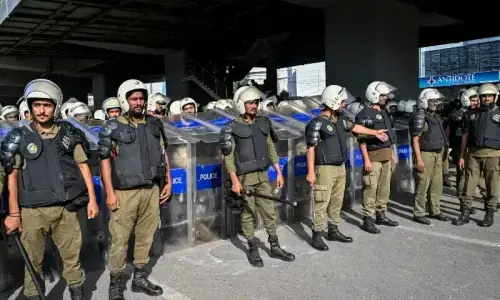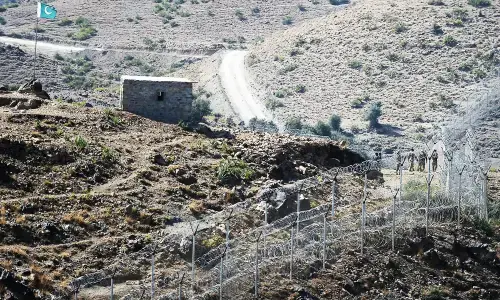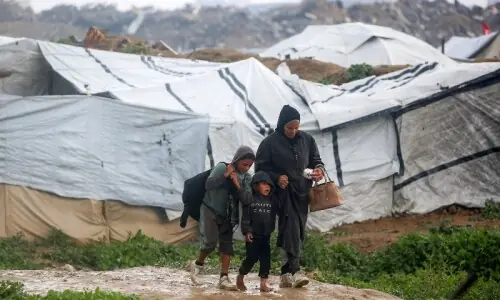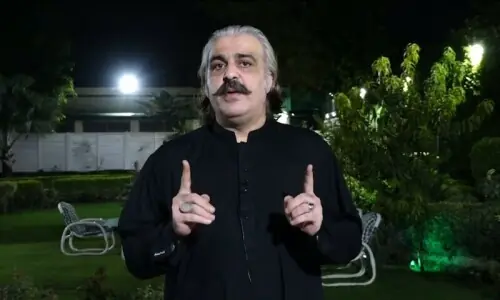ISLAMABAD: Service exports dropped 21 per cent to $3.428 billion in the first eight months (July-February) of this fiscal year from $4.316bn a year earlier, mainly driven by a fall in exports of government services.
On a monthly basis, service exports fell 68pc in February 2016 compared to the same month of last year, according to data of the Pakistan Bureau of Statistics (PBS).
The service sector has emerged as a major driver of economic growth, with its share in GDP increasing from 56pc in FY06 to 57.7pc in FY15.
The major sub-sectors include finance and insurance, transport and storage, wholesale and retail trade, public administration and defence.
Pakistan has opened up its market to foreign service providers, particularly in banking, insurance, telecommunications and retail.
On the other hand, service imports fell 15pc to $4.891bn in July-February FY16 from $5.769bn a year ago.
The services whose imports decreased were related to the sectors of transportation, travel, communications, insurance, finance, computer and information, and other business services.
Trade deficit in services increased slightly by 0.66pc year-on-year to $1.462bn during the eight-month period from $1.453bn.
While share of the service sector in the domestic GDP posted a substantial increase, Pakistan’s share in global service trade stood at 0.06pc in 2015.
Experts attribute the low share in global trade to the fact that most services offered by Pakistan are non-tradable.
They also cite a number of barriers to trade in services, including regulatory barriers, discriminatory requirements, economic need tests, non-national treatment, non-MFN (most-favoured nation) treatment, imperfect market structure and prudential supervision.
Published in Dawn, April 15th, 2016

